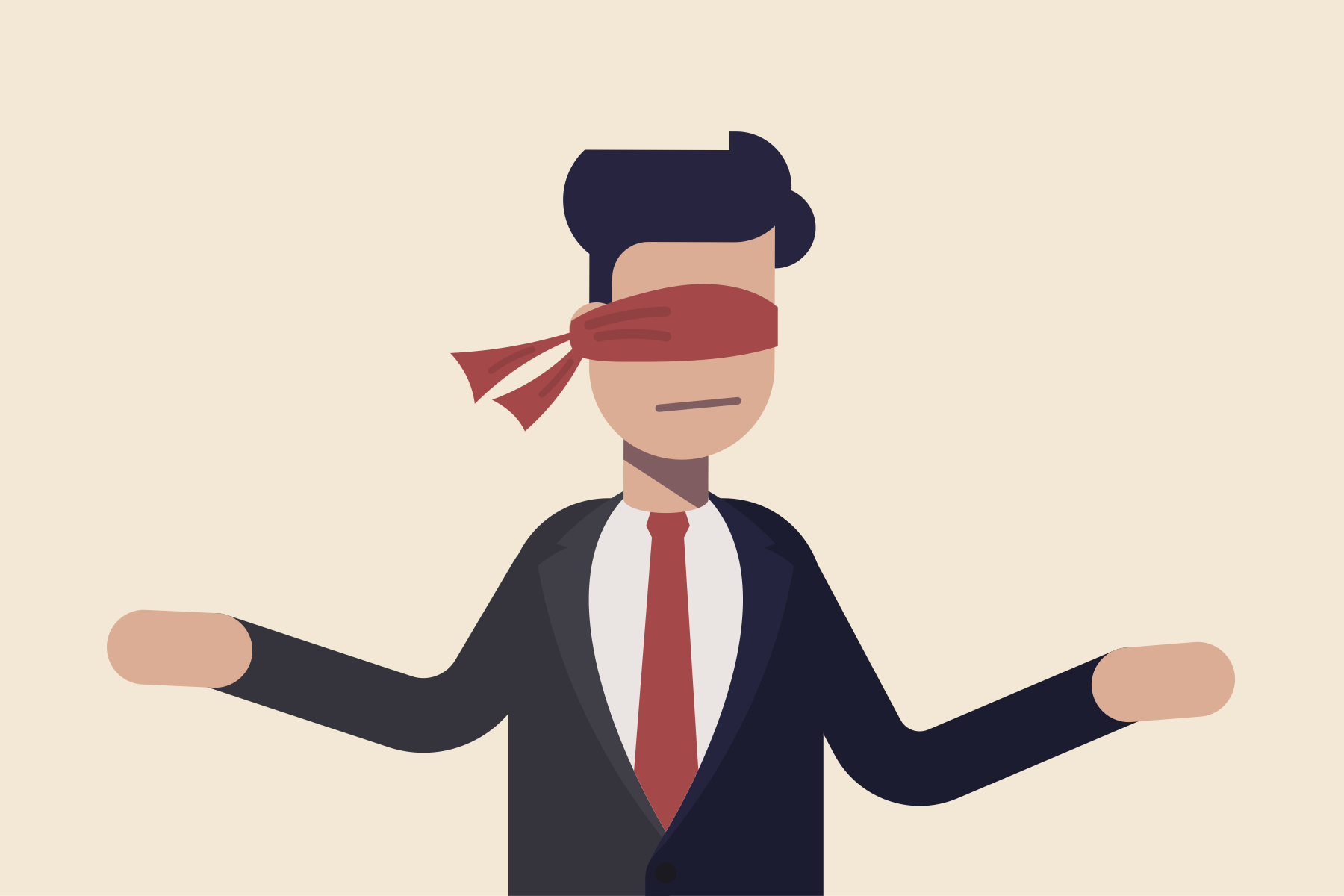Many times, the conclusions we come to happen almost instantaneously. When something occurs instantaneously, we can be sure that unconscious factors are at play.
The ability to understand something immediately, without the need for conscious reasoning, is known as intuition. In this, we rely on past information or what is familiar to us. Intuition can be a great benefit when it comes to predicting patterns and solving problems. Over time, our brain begins to recognize patterns and form shortcuts. Embarking on a new routine requires active effort and consideration, where a well-established habit is more instinctive.
While shortcuts can be useful they can also lead to cognitive biases. In fact, bias is indistinguishable from intuition.
Favoring the Familiar
Human beings have a tendency to gravitate to the path of least resistance. And why not, it seems a more efficient method to accomplish our goals but the outcomes may not always be the best. The term “work smarter, not harder” comes to mind but make sure you know which is the smarter way vs the harder way. Our brains’ tendency to favor the familiar hinders our ability to make objective decisions, posing an apparent problem. When what is familiar is accepted as good, there is little room for new, different, or diverse. Following one’s intuition seems like it would be the smarter way to work – but is it? In the long run, it may be harder when you have to change.
Because a candidate looks, sounds or acts different than a past or current employee says little about their competencies or fit for a role. For the same reason, evaluating candidates based on familiarity with a school, hometown, or previous employer is also misguided. Following our intuition can lead us to make decisions based on nothing more than our biases.
We Can’t Do it Alone
The truth is, we cannot be objective observers, nor can we see everything with fresh eyes. Whether we like it or not, we are influenced by our past experiences, and we each bring preferences to the table.
Intuition and heuristics attempt to conserve our time and mental energy, but unchecked can be counterproductive. Hiring based on intuition subjects candidates to our unconscious biases.
Stop relying on your inner thoughts when it comes to hiring decisions. Trusting our brain’s shortcuts invites bias, but employing research-based hiring solutions and software saves you time, by working smarter and allows you to focus on making consciously inclusive decisions.

Recent Comments